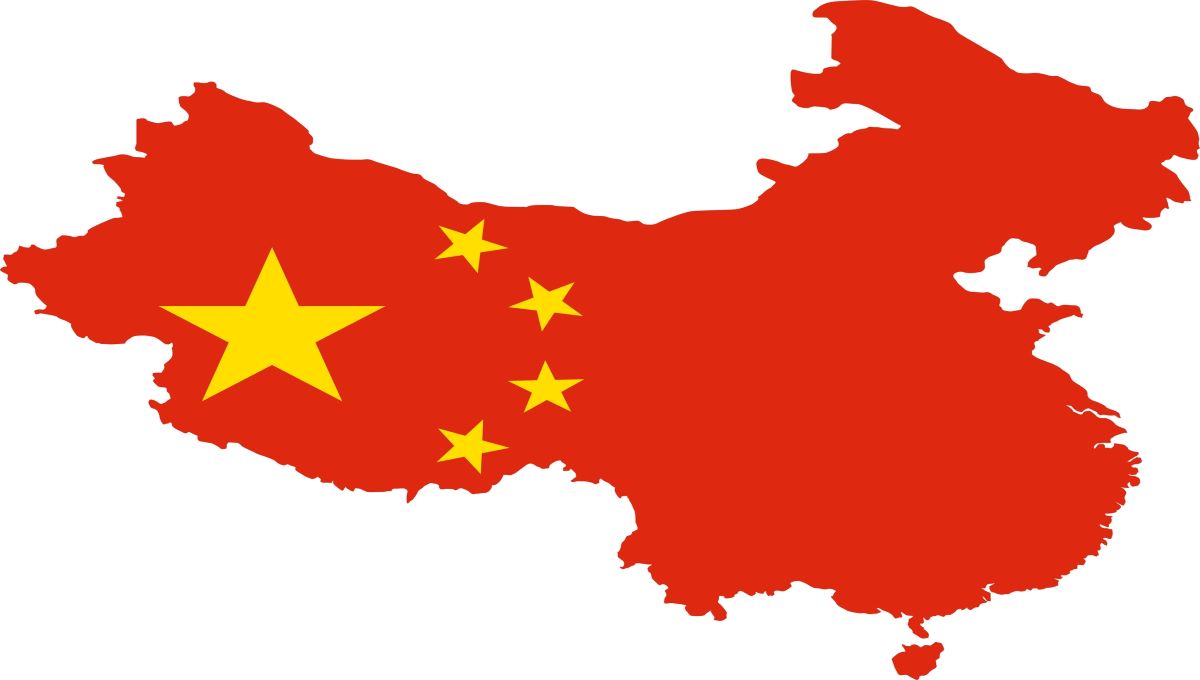China has formed a rare-earth giant by merging several key producers, creating a giant that will increase its control over a global industry it has dominated for decades.
The group was formed by merging the rare-earth units of state-owned companies including China Minmetals Corp., Aluminium Corp. of China and Ganzhou Rare Earth Group Co. according to a stock exchange document from China Minmetals Rare Earth Co. , China Rare-Earths Group, will accelerate the development of mines in the south, state broadcaster CCTV reported.
Bloomberg News reported in September that China plans to create two giants, one in the north and one in the south, each focusing on a different subset of materials. China controls most of the world's rare earth element mining, a vast group of 17 elements that are used in everything from smartphones to fighter jets, and controls recycling.

China consolidates rare earth element dominance with new global giant
According to CCTV, the move aims to allocate resources more efficiently, implement green development and modernise deep processing of rare earth elements. The State Assets Supervision and Administration Commission will hold a 31.21% stake in the new group, while Chinalco, China Minmetals and Ganzhou Rare Earth Group will each hold 20.33%, it said.
"This is part of a broader repositioning of the Chinese industry to secure the supply chain for the coming electrification years, and a recognition that the supply chain is a key success tool for the next decade," said Jim Litinsky, CEO of MP Materials, the only rare earth element producer in the US. "It's great for business in the sense that I think the West is becoming increasingly aware of the need for an integrated local supply chain".
China Minmetals Rare Earth shares rose 8.5% in Shenzhen and Aluminium Corp. of China Ltd. rose more than 5% in Shanghai, according to https://exnesslatam.com/trading-de-energias/.
The country's dominance in the sector is a growing concern. Little-known materials came under the spotlight in 2019, when China saw export controls as part of its trade war with the US, which imports 80% from the country. While no restrictions were ultimately imposed, this highlighted the risks of dependence on one country and provoked a slew of statements from Western economies promising to increase their independence on rare earth elements.
The latest round of consolidation followed Beijing's restructuring, which created six licensing groups in 2016. The government also controls production by giving firms annual quotas. This year, the volume is set at 168,000 tonnes.
Rare earth prices have surged this year as demand outstripped supply, while power shortages exacerbated disruptions and broad rises in commodity prices increased production costs. Neodymium and praseodymium, two elements used in permanent magnets, jumped to their highest levels in a decade.
"The new boom cycle is due to the fact that we are moving from low single-digit penetration in electric vehicles to all cars in decades, so the scale required for success is enormous," said Litinsky.
More news: Dollar at 16-month high after US retail sales beat expectations